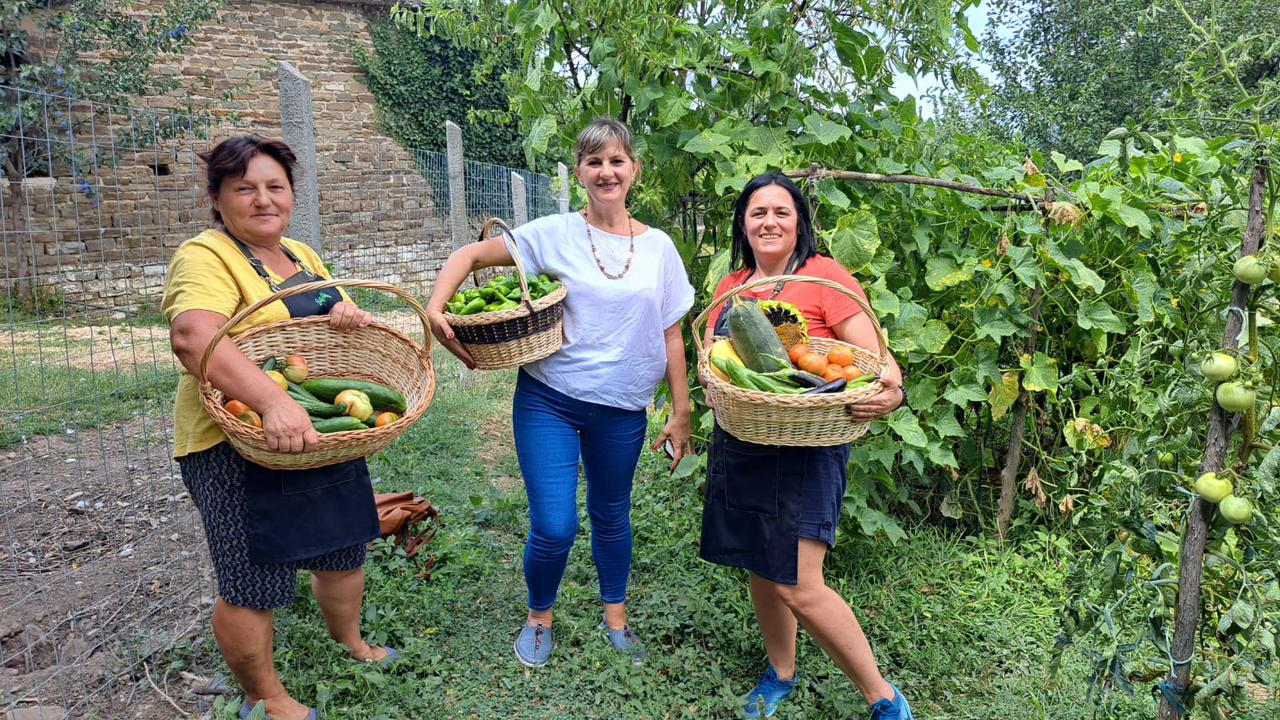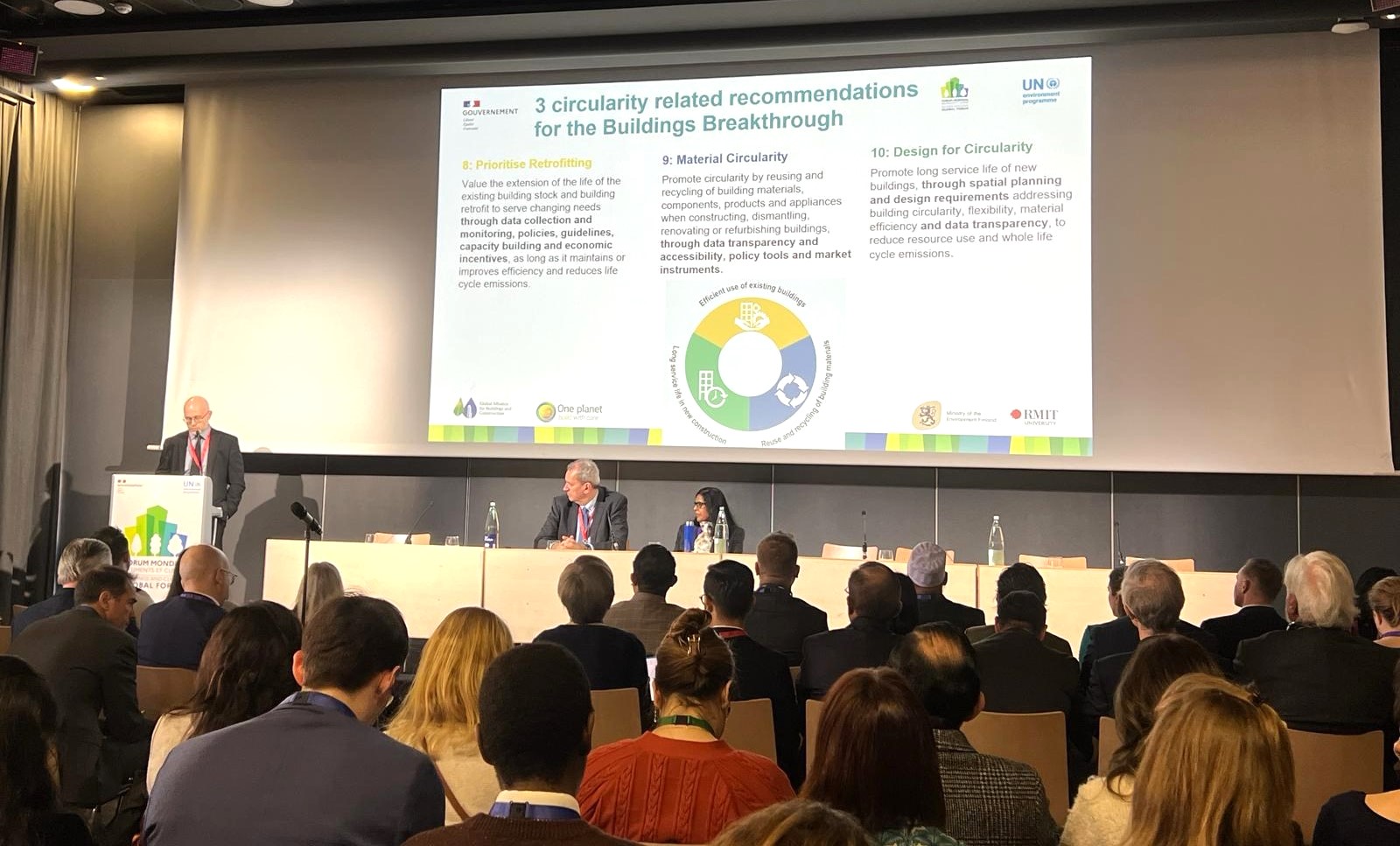Plastics Discussion with Bertrand Swiderski, Chief Sustainability Officer at Carrefour

Bertrand Swiderski currently serves as Carrefour's Chief Sustainability Officer, where he leads the Group’s sustainability strategy and ensures its integration across its activities worldwide, as part of its mission to lead on the food transition for all. In addition, Bertrand serves as Board Member of the Collège des Directeurs du Développement Durable (C3D) and President of Perifem — a federation which brings together French retailers and their suppliers to address global challenges through innovation. Bertrand previously served as Co-Chair of the Consumer Goods Forum's Forest Positive Coalition and Administrator of Global Compact France. Bertrand co-founded CONVIS - a sustainable development consultancy firm and previously served in environmental project manager roles for Nestlé and Mars.
He holds a Degree in Accountability and Finance from San Telmo Business School, and Engineering Degrees in Industrial Environment, Environmental Engineering and Environmental Health from the UniLaSalle Polytechnic Institute.
Carrefour is a signatory to the New Plastics Economy Global Commitment (NPEGC) led by the Ellen MacArthur Foundation, in collaboration with the United Nations Environment Programme. This voluntary commitment mechanism has brought together over 500 organisations around a shared vision of a circular economy for plastics. Carrefour's 2021 signatory report states that “Carrefour's reduction targets are at least at the level of the French AGEC law and European directives: a 20% reduction by 2025, and half of the reduction achieved will be through the deployment of reuse models. Carrefour has set a target of 1,000 reusable products sold in 500 shops by 2025.”
Carrefour’s policy is based on two levers of action: “1. Reduce the amount of packaging placed on the market; 2. Developing reusable, recyclable or compostable packaging.”
Where do you stand today in terms of implementation of your commitments? Could you explain what Carrefour's short-, medium- and long-term objectives are for reduction of use of single-use plastics? Have these targets evolved since your signature of the NPEGC? Your current target is reduction of plastic packaging by 20%, are you planning to increase the ambition over time?
Reducing plastic waste is a major priority for the Carrefour Group from government actors, to suppliers and of course consumers. Consumer adoption is key and can lead the change that is needed. So we continue to test and learn in order to develop solutions that are practical and adapted to the needs of our customers. However, we are aware that this is a commitment that we cannot achieve alone. It is a colossal challenge which is why we believe there is value in working with partners to change the system and engage actors across the supply chain — from government actors, suppliers and of course consumers. Consumer adoption is key so we must continue to develop solutions that are adapted to their needs.
We have developed an index to measure our progress and to mobilise our teams known as the CSR and Food Transition index. This allows us to track our progress on the full scope of our sustainability commitments in the short, medium and long term. The global commitment helped us to structure our ambition and build our action plan. We are constantly reviewing our progress to push ourselves to go further. For example in 2020, we decided to double our packaging reduction target to 20,000 tons by 2025, including 15,000 tons of plastic. In addition to our target on the reduction of plastic use, we have taken engagements on reuse which are part of the solution. We are increasing the number of reuse and refill solutions in store through the Loop project and increasing and improving our bulk experience in store. We currently have 76 stores equipped with reuse solutions and we will have 500 by the end of 2025.
In the June 2020 CSR report 2019 entitled "Committing to eco-design and the circular economy of packaging", it states “Carrefour’s policy seeks to reduce the quantity of packaging it places on the market as well to improve the use and ultimate disposal of the packaging that remains necessary, by guaranteeing, for example, its re-use or recycling.”
As mentioned above, introduction of reuse models, including solutions such as offer of products that can be bought in bulk, is key to ensure elimination of single use plastics at scale.
Furthermore, in 2017, Carrefour launched an initiative inviting customers in Carrefour hypermarkets and Carrefour Markets to bring their own containers to traditional food counters.
Could you please tell us more about your pilot projects related to reuse? How do consumers perceive these pilots and solutions you have been introducing?
One of the benefits of being a retailer is having direct access to our clients and being able to stay ahead of trends as they are happening and test new solutions. Our job as a retailer is not only to meet the needs of our customers, but also to anticipate the needs of tomorrow’s customers.
Over packaging is a big concern for our customers and we are testing out different solutions to address this issue. You mentioned the “bring your own container initiative”. This idea actually came from one of our stores and we have expanded throughout France and other markets. We were also the first retailer to launch Loop — a deposit system offering prepackaged products in reusable packaging — in partnership with Terracycle.
We are also testing bulk solutions. We know that bulk has a number of challenges: lacking variety in the assortment and not convenient for customers. The list can go on. To address these challenges, we launched a bulk challenge to identify solutions that we have integrated in our bulk avenue project which we are currently testing in two Carrefour stores in France where we have expanded the bulk assortment of products from our national brands in a more convenient way for our customers.
We know that in order for these trends to become the consumption model of the future, we have to create habits. So we are developing solutions to give customers the habit of returning their empty packaging. Another example is the use of reverse vending machines (RVM) where customers can recycle their empty bottles.
Through these models we are learning and adapting to meet the evolving needs of our customers.
Carrefour is a signatory of the Business Coalition for a Global Plastics Treaty (a coalition of businesses advocating for an ambitious treaty and is led by the Ellen MacArthur Foundation).
Why is it important for Carrefour to be part of this coalition? What are your expectations for the future treaty?
As mentioned, we know that the issue of plastic waste cannot be solved alone. We need all actors to play their part. As plastic reduction is a key priority for the Group, we see value in having a harmonised legal framework in our different countries of operation. We are pleased to be a part of this collective movement and believe that this is the only option to effectively address the issue of plastic waste.
Sources:
https://ellenmacarthurfoundation.org/global-commitment-2022/overview
https://ellenmacarthurfoundation.org/global-commitment-2021/signatory-reports/ppu/carrefour
https://www.carrefour.com/sites/default/files/2020-08/Committing%20to%20ecodesign.pdf

